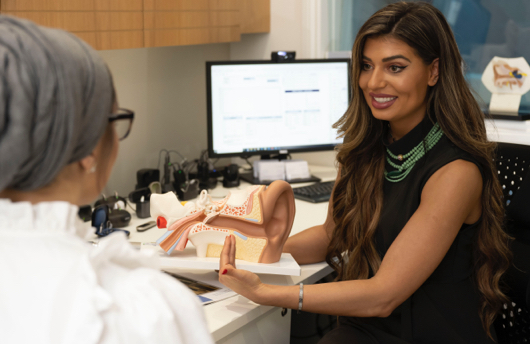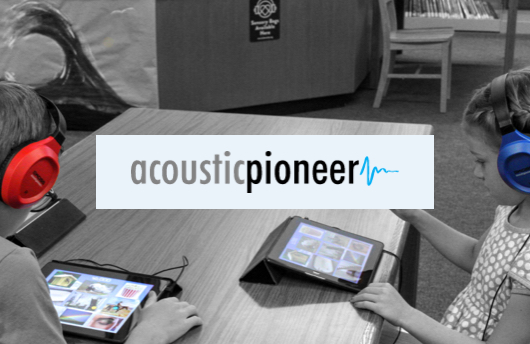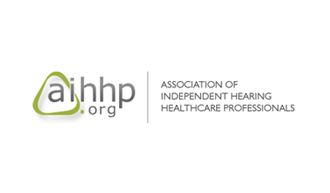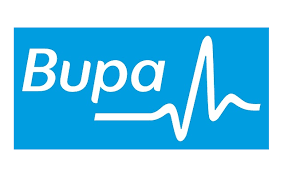4.9
133 Google Reviews
This questionnaire is designed to assess the degree of your/your child’s Auditory Processing Disorder. Most people will only show some of the symptoms. Please complete and submit this questionnaire if you would like to be contacted for an assessment.

Auditory processing is what our brain does with the sounds that our ears detect. All of our listening skills use auditory processing.
This includes finding out where a sound is coming from, listening to language or a teacher in a noisy classroom, recognizing familiar sounds, knowing what sounds are most important to us when there are multiple sound sources we’re hearing at once, as well as comprehending auditory information.
There are many areas of auditory processing and therefore different impacts depending on which area is affected. Auditory Processing Disorder (APD) is the term used to describe difficultly in these areas.

For children, in a classroom setting, we see a large relationship with poor auditory processing and weaknesses in reading, writing, listening comprehension, spelling abilities, language understanding, attention and following verbal instructions.
The easiest way to determine if your child has Auditory Processing difficulties and requires further in depth assessment would be to ask; Does my child have difficulty with language, reading, classroom learning or any of the above? If the answer is yes, please contact us we may be able to identify an area of concern and intervene.
In Adults, poor auditory processing manifests in poor listening skills, poor reading comprehension or miscommunication which results in issues at work or socially. Sometimes adults find it difficult to follow conversations in a noisy setting, or feel like they’re often missing out on something during conversation. Adults with APD will listen to the TV at full volume but still have difficulty understanding what’s going on, or will forget information they’ve heard rather than seen very easily.
Before carrying out an Auditory Processing Disorder Diagnostic assessment, a full diagnostic hearing assessment must be conducted to rule out hearing loss and other causes or listening difficulties.
A summary of APD testing used to diagnose APD is shown below
Video otoscopy, Pure Tone Audiometry, Speech Audiometry, Tympanometry, Acoustic reflexes and Oto Acoustic Emissions.
The battery includes four tests of auditory processing including:
Areas that are assessed in this test include:
The TAPS-4 has 11 subtests, organized into three indices:
Founded by Dr Matthew Barker, an Audiologist who specialises in testing auditory processing, Acoustic Pioneer is a combination of diagnostic and therapy apps for children.
We now know that impaired auditory patterning skills will prevent children from learning to read at the pace of children with intact auditory patterning listening skills.
Therefore, as part of our treatment, children are able to use games such as ‘Insane Earplane’ which is an easy to learn flying game designed to improve a variety of tonal listening and processing skills.

Fortunately, the human brain is able to be trained with intervention. This is the same when it comes to auditory processing abilities. Many auditory processing abilities are measurable by professionals and where weaknesses are identified, successful training programmes may be implemented to target them.
Meet Christina, our Lead Audiologist for the APD Clinic.
If you feel you, or your child needs an APD assessment, your audiologist will discuss with you the options for targeted auditory training to improve on their auditory processing skills.

We offer an assessment & rehabilitation appointment for only £895. Use the form above or phone us today on 02074872660 to enquire about your treatment.
In association with











Pindrop Hearing Limited is registered in England and Wales No 05909296 Trading address 41 Harley Street, London, W1G8QH. Pindrop Hearing Limited acts as a credit broker and only offers credit products from Tabeo.
Pindrop Hearing Limited is authorised and regulated by the Financial Conduct Authority. Our registered number is 796909. Credit subject to age and status.
© Pindrop Hearing 2024